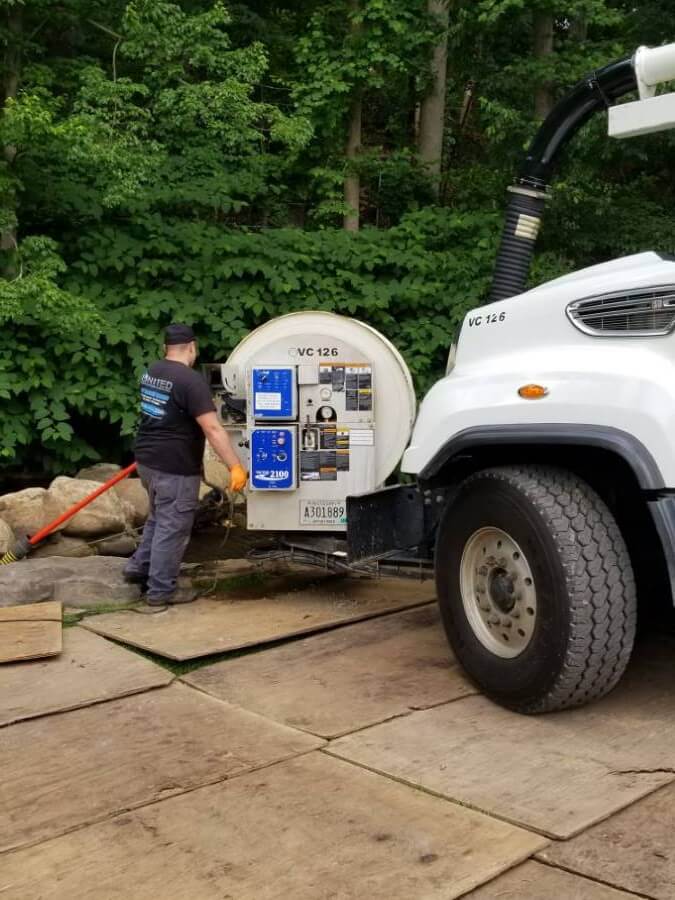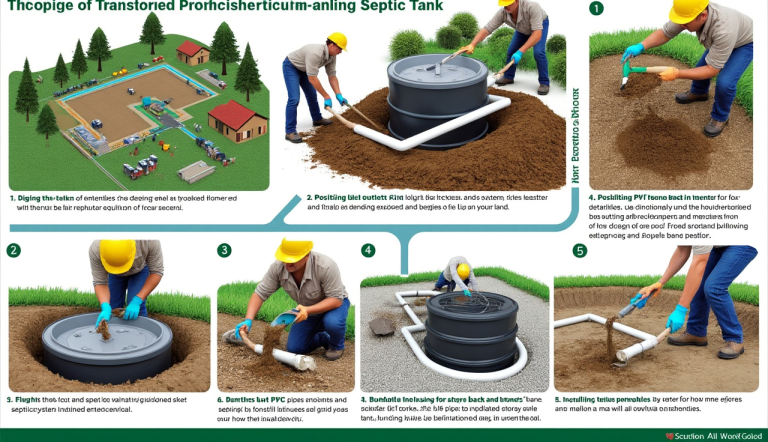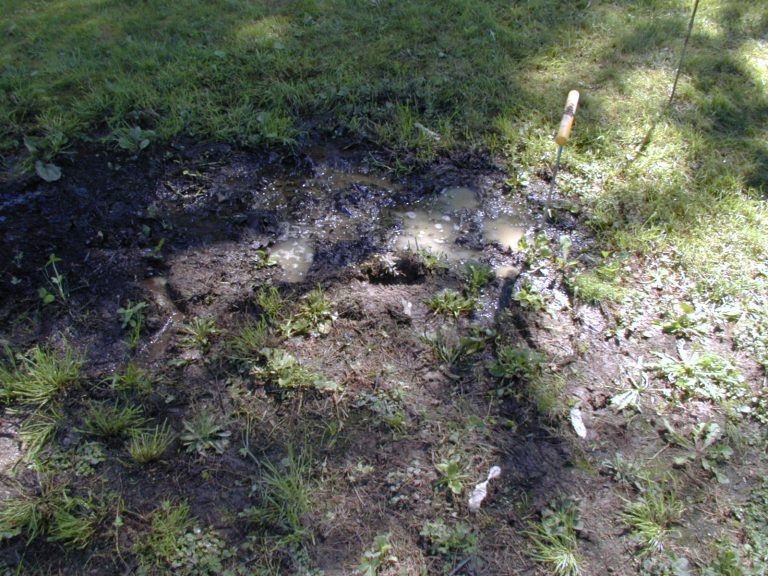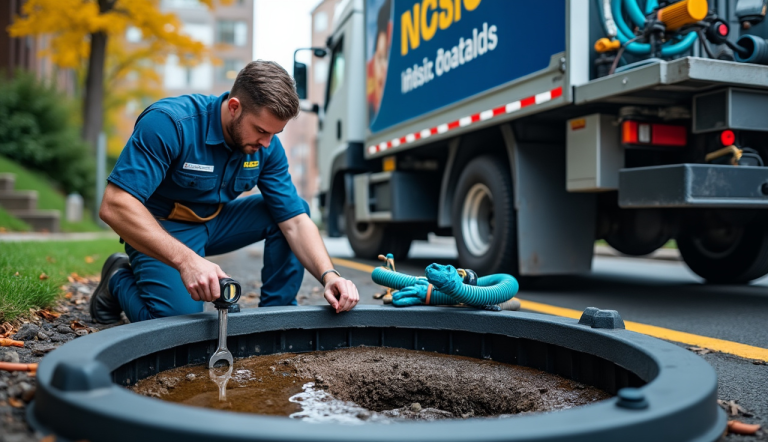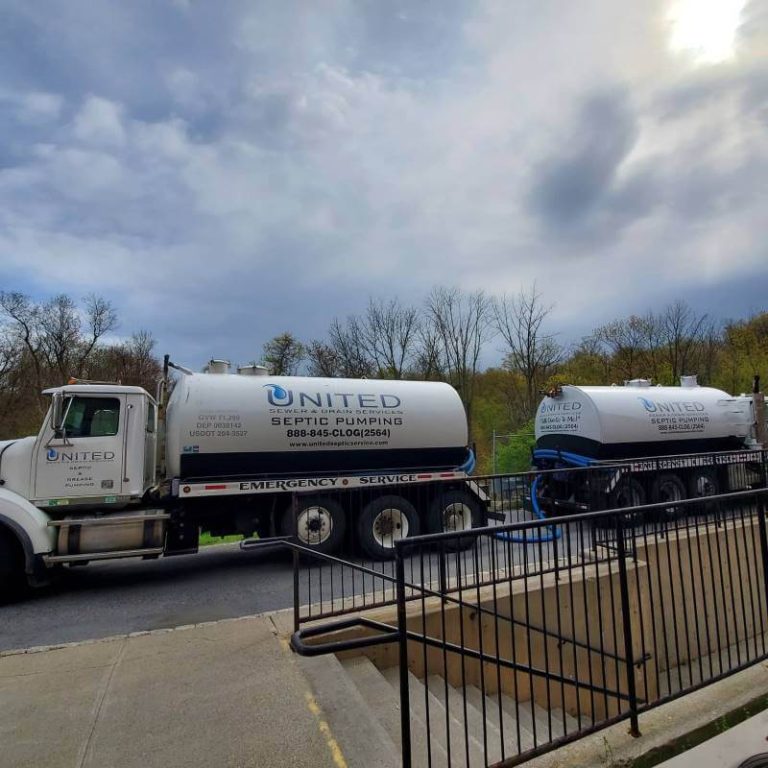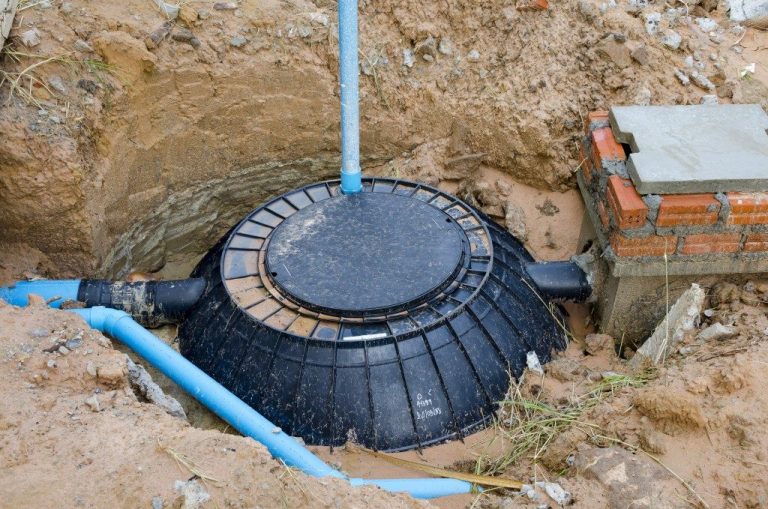Factors Affecting Septic Tank Pumping Frequency: Comprehensive Guide
Learn factors affecting septic tank pumping frequency. Discover how household size, tank capacity, and maintenance impact your needs.
Factors affecting septic tank pumping frequency depend on several key factors, including household size, tank capacity, water usage, and solid waste accumulation. Typically, most homes need septic pumping every 3-5 years, but this can vary widely based on individual circumstances.
Table of Contents
Key takeaways:
- Household size directly impacts factors affecting septic tank pumping frequency
- Tank size matters – larger tanks may need less frequent pumping
- Water usage habits affect how quickly tanks fill
- Regular maintenance can extend the time between pumpings
- Professional inspections help determine the optimal pumping schedule
- Local regulations may dictate minimum pumping intervals
- Signs of a full tank include slow drains and bad odors
The Biggest Factors Affecting Septic Tank Pumping Frequency
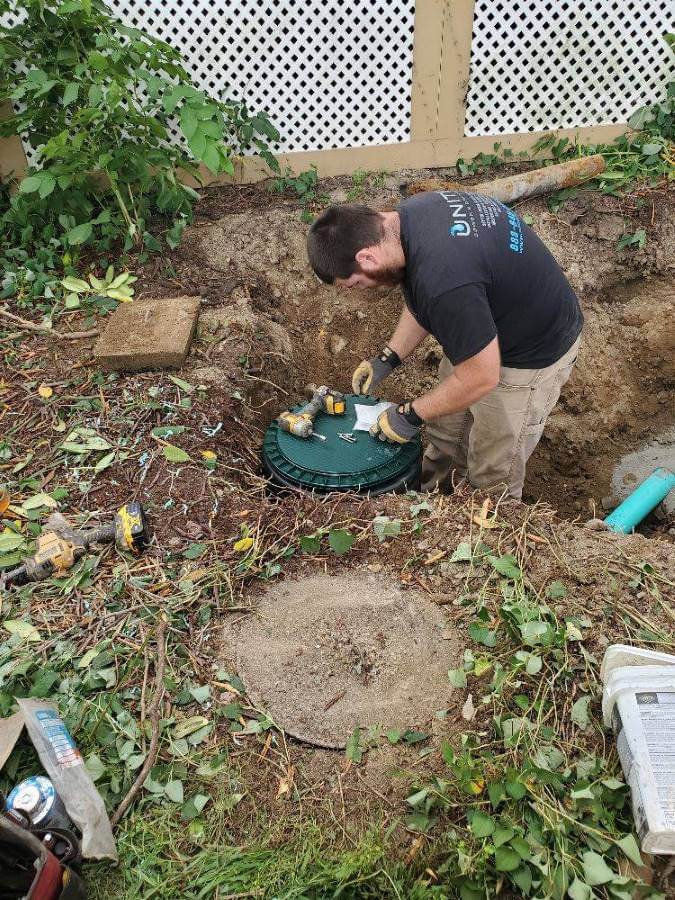
Factors affecting septic tank pumping frequency the number of people living in your home is one of the most important things that affects how often you’ll need to pump your septic tank. It’s pretty simple – the more people using the system, the faster it fills up.
A single person living alone might only need to pump their tank every 5-7 years. But a family of five could need pumping as often as every 2-3 years. Each person adds about 50-70 gallons of wastewater to the septic system every day. That adds up fast in a busy household.
How household size impacts solid buildup
It’s not just the water volume that matters. More people also means more solid waste entering the tank. Things like food particles, toilet paper, and human waste all contribute to the layer of sludge at the bottom of the tank. This layer builds up over time and needs to be pumped out regularly.
A good rule of thumb is that each person in the house adds about 50-100 gallons to the sludge and scum layers each year. So a family of four could be adding 200-400 gallons annually. Once those layers take up too much space, it’s time for a pump-out.
Tank Capacity: Bigger Tanks Need Less Frequent Pumping
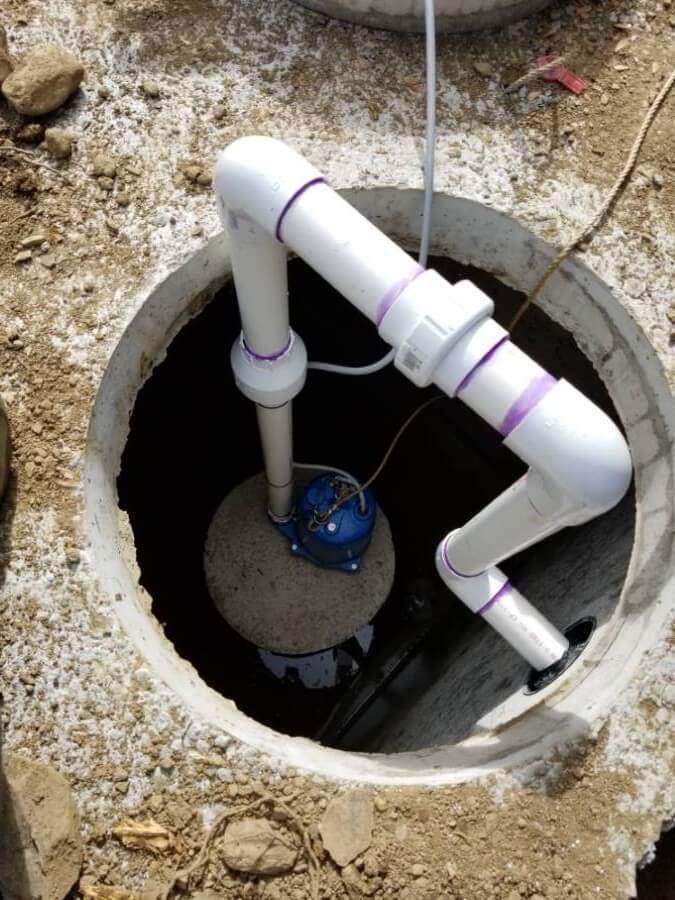
The size of your septic tank plays a big role in how often it needs to be pumped. Larger tanks can hold more waste, so they naturally need less frequent pumping than smaller ones.
Most homes have tanks ranging from 750 to 1,500 gallons. A 1,000-gallon tank is pretty standard for a 3-bedroom home. But if you’ve got a big family or do a lot of laundry, you might have a larger 1,500-gallon tank.
How tank size affects pumping intervals
A larger tank gives waste more time to break down before it needs to be pumped. For example, a 1,500-gallon tank serving a family of four might only need pumping every 4-5 years. But a 750-gallon tank for the same family could require pumping every 2-3 years.
It’s important to know the factors affecting septic tank pumping frequency and your tank size. If you’re not sure, check your home’s records or ask a septic professional. Knowing the size helps you plan an appropriate pumping schedule.
Water Usage: High Consumption Speeds Up Filling
How much water your household uses has a big impact on your septic system. The more water that goes down the drains, the faster your tank fills up. High water usage can mean more frequent pumping is needed.
Factors affecting septic tank pumping frequency, some common high-water-use activities include:
- Long showers
- Frequently running washing machine
- Running dishwasher daily
- Leaving faucets running
- Leaky toilets or faucets
Water conservation tips
Cutting back on water use can help your septic system last longer between pumpings. Here are some easy ways to conserve:
- Fix any leaky faucets or running toilets
- Install low-flow showerheads and faucet aerators
- Only run full loads in the washing machine and dishwasher
- Turn off the tap while brushing your teeth or shaving
- Take shorter showers
These small changes can add up to big water savings over time. That means less stress on your septic system and potentially less frequent pumping.
Solid Waste Accumulation
The type of waste that enters your septic system affects how quickly it fills up. Some materials break down easily, while others can build up and cause problems.
Things that should never go down the drain include:
- Grease and cooking oils
- Coffee grounds
- Cigarette butts
- Dental floss
- Feminine hygiene products
- “Flushable” wipes (they’re not flushable!)
These items can clog pipes, harm helpful bacteria, and create a thick layer of sludge that needs frequent pumping.
The role of bacteria in waste breakdown
Your septic tank relies on bacteria to break down waste. These helpful microbes digest organic matter, reducing the solid waste in the tank. But harsh chemicals can kill off these bacteria, slowing down the breakdown process.
Avoid using antibacterial soaps, bleach, and other strong chemicals that can harm septic bacteria. Instead, opt for septic-safe cleaning products to keep your system working efficiently.
Regular Maintenance: Preventing Costly Repairs
The factors affecting septic tank pumping frequency and regular septic system maintenance can reduce how often you need to pump. Proper care keeps the system running smoothly and can catch small issues before they become big problems.
Some factors affecting septic tank pumping frequency and the key maintenance tasks include:
- Having the tank inspected every 1-3 years
- Keeping records of all pumping and repairs
- Avoiding putting harmful substances down drains
- Conserving water to reduce system strain
The importance of professional inspections
Regular professional inspections are crucial for determining the right pumping schedule for your system. A septic pro can measure the sludge and scum layers in your tank to see if pumping is needed.
They can also spot potential issues like:
- Cracks or leaks in the tank
- Problems with the drain field
- Clogged filters or baffles
- Signs of system overload
Catching these problems early can save you money on major repairs down the line.
Local regulations: Following the rules
Many areas have specific regulations about how often septic tanks must be pumped. These rules are designed to protect public health and the environment.
In Middletown, New York, for example, the Orange County Health Department recommends pumping every 2-3 years for most residential systems. However, your specific requirements may vary based on your system size and usage.
Why do pumping regulations exist
These rules help prevent:
- Groundwater contamination
- Surface water pollution
- Sewage backups into homes
- Premature system failure
It’s important to follow local regulations, even if your tank doesn’t seem full. Regular pumping helps catch problems early and keeps your system in compliance with health codes.
Signs Your Tank Needs Pumping
Even with a regular pumping schedule, sometimes tanks fill up faster than expected. It’s important to know the signs that your tank and factors affecting septic tank pumping frequency need attention:
- Slow-draining sinks and toilets
- Gurgling sounds in pipes
- Bad odors around drains or in the yard
- Wet, spongy ground near the drain field
- Sewage backing up into the house
If you notice any of these signs, don’t wait – call a septic professional right away. Ignoring these warnings can lead to costly repairs or even system failure.
The dangers of waiting too long
Putting off pumping when it’s needed can cause serious problems:
- Solid waste can enter the drain field, clogging the soil
- Sewage can back up into your home, creating a health hazard
- The entire system may fail, requiring expensive replacement
Regular pumping is much cheaper than dealing with a failed septic system. Don’t risk it by waiting too long between pumpings.
The Pumping Process
When it’s time for a pump-out, here’s what typically happens:
- The septic pro locates your tank and uncovers the access lids
- A large hose is inserted into the tank
- A powerful vacuum truck sucks out the contents
- The tank is inspected for damage or issues
- The pro may offer advice on system care or future pumping needs
The whole process usually takes 30-60 minutes for a typical residential tank.
After pumping
After pumping, it’s important to:
- Avoid running a lot of water right away
- Be careful not to drive over the tank area
- Follow any care instructions from the septic pro
- Schedule your next inspection or pumping
Proper care after pumping helps your system get back to normal operation quickly.
Seasonal Considerations
The time of year can impact your septic system and pumping needs. In Middletown, NY, we experience all four seasons, each bringing its challenges:
- Spring: Heavy rains can saturate the drain field, slowing down the system
- Summer: Increased water use from gardening or pool filling can strain the system
- Fall: Falling leaves can clog septic system vents
- Winter: Frozen ground can make accessing the tank difficult
It’s often best to schedule pumping in late spring or early fall when the ground isn’t frozen or overly wet.
Winter pumping challenges
Pumping in winter can be tricky in Middletown. The frozen ground makes it hard to locate and access the tank. Snow cover can hide important system components. If possible, it’s best to avoid winter pumping unless it’s an emergency.
If you do need winter pumping, make sure to work with a pro who has experience with cold-weather septic service.
DIY vs. Professional Pumping
While some homeowners might be tempted to try DIY septic pumping, it’s a job best left to the pros. Professional septic pumpers have:
- Specialized equipment to remove all waste
- Knowledge to spot potential problems
- Proper disposal methods for septic waste
- Insurance to cover any accidents
DIY attempts can be dangerous and often don’t fully clean the tank. It’s worth the cost to have it done right by a professional.
Choosing a reputable septic service
When picking a septic pumping service in Middletown, look for:
- Proper licensing and insurance
- Good reviews from local customers
- Clear pricing and no hidden fees
- Willingness to answer your questions
- Knowledge of local septic regulations
A good septic pro will do more than just pump – they’ll help you understand and care for your system.
The Cost of Septic Pumping
Septic pumping costs can vary, but in the Middletown area, you can expect to pay between $300-$600 for a typical residential pump-out. Factors that affect the price include:
- Tank size
- Ease of access to the tank
- Distance the waste must be transported
- Any additional services needed (like inspections)
While it might seem expensive, regular pumping is much cheaper than repairing or replacing a failed septic system.
Financing options for septic services
If the cost of pumping is a concern, some options to consider include:
- Setting aside a small amount each month for septic maintenance
- Asking about payment plans from septic service companies
- Checking if your homeowner’s insurance offers any septic coverage
- Looking into local programs that might offer assistance for septic maintenance
Remember, regular pumping is an investment in your home’s health and value.
| Tank Size (Gallons) | Estimated Pumping Cost Range |
|---|---|
| 750-1000 | $300-$450 |
| 1000-1250 | $375-$525 |
| 1250-1500 | $450-$600 |
| 1500+ | $500-$700+ |
Note: These are estimated ranges. Actual costs may vary based on local factors and specific service needs.
| Household Size | Recommended Pumping Frequency |
|---|---|
| 1-2 people | Every 4-5 years |
| 3-4 people | Every 3-4 years |
| 5+ people | Every 2-3 years |
Note: These are general guidelines. Your specific needs may vary based on usage and tank size.
Maintaining a Healthy Septic System
Keeping your septic system in good shape doesn’t have to be complicated. By understanding the factors that affect pumping frequency and following a regular maintenance schedule, you can avoid costly problems and keep your system running smoothly for years to come.
Remember these key points:
- Know your household’s water usage and try to conserve where possible
- Be mindful of what goes down your drains
- Schedule regular inspections and pumpings
- Pay attention to warning signs that your tank might be full
- Work with reputable septic professionals for all your maintenance needs
With proper care, your septic system can provide reliable, eco-friendly waste management for your Middletown home. Don’t wait until there’s a problem – start planning your septic maintenance today. For more information, you can visit our website or contact us.

